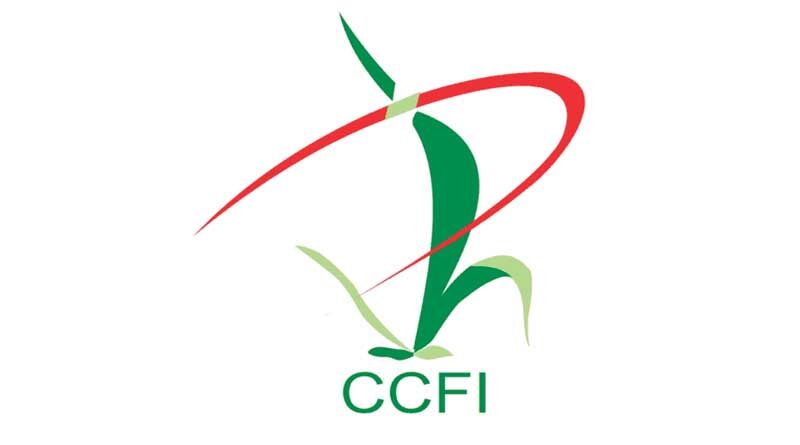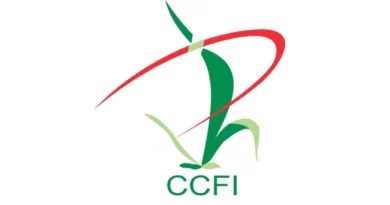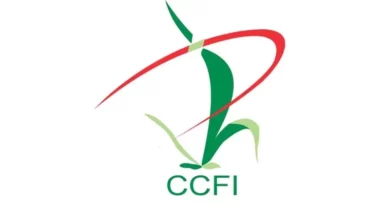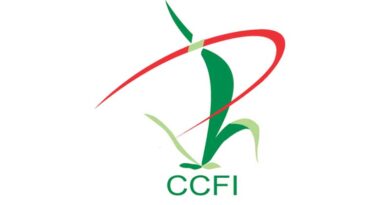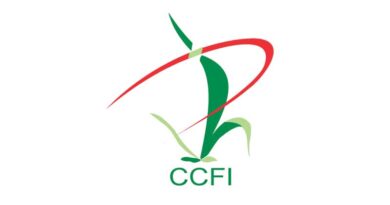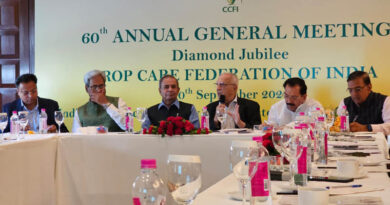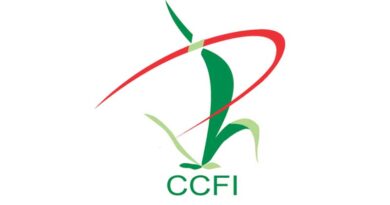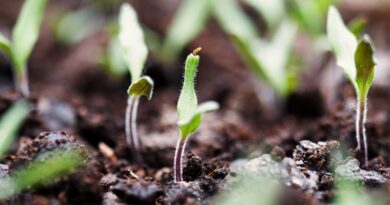Reduction in GST rates on agrochemicals to benefit importers: CCFI
16 July 2022, New Delhi: Crop Care Federation of India (CCFI) is the largest industry body of manufactures and exporter of pesticides. The member organizations are of firm view that present GST of 18% on pesticides is logically good. If it is reduced to 5% or nil the Indian manufacturers will suffer as all the raw material containers, plant and machinery has 18 % GST.
Mr Deepak Shah, Chairman of CCFI in a written communication to Ms. Nirmala Sitharaman, Chairperson, GST Council mentioned, “Reduction in GST on agrochemicals would result in inverted duty structure which would be detrimental to Indian manufacturers who have the capability and capacity to manufacture quality pesticides locally rather than depend on imports.”
This rate covers more than 90% of the goods and services which are subject to GST. Similarly about 90% of the final products and services sold by the industry across the value chain are at this rate of 18% with the aim to provide a balancing and seamless flow of credit and its utilisation. It also avoids the distortion caused due to inverted duty structure.
For the pesticides which are imported, if they have 5% GST or lower, they will have a distinct advantage against indigenous Manufacturers. The step would go against the policy towards Atmanirbhar Bharat and ‘Make in India’.
Reduction in GST will result in an increase in imports of agrochemicals which touched ₹13,369 Cr in 2021-22 mainly from China, Japan, Israel, Thailand, Europe, Hongkong, etc. Several shipments were delayed due to non-availability of containers, increase in tariffs rates and congestion at ports during covid which now have started arriving in full flow.
Indian manufacturers are responsible for 80% of agrochemicals exports from India to over 130 countries with acceptable quality specifications. In terms of value, exports is at ₹ 35,000 cr which is higher than domestic consumption of ₹29,000 cr.
“Any reduction or exemption would result in loss of revenue estimated at ₹ 4,500 cr annually to the government, besides blocking of working capital which would increase cost of business. Also it has been observed, the Government has been lately working to prune GST exemptions during their GST council meetings. At CCFI we work towards policies favouring the farming community where our members can produce better quality than their imported counterparts at 30-75% lower cost of production and save valuable foreign exchange” said Mr Harish Mehta, Senior Advisor CCFI.
“We strongly recommend that there should not be any change in GST rates for pesticides manufactured in India” concluded Mr Shah.
Also Read: Researchers use storytelling to evaluate women’s agency in agricultural production

